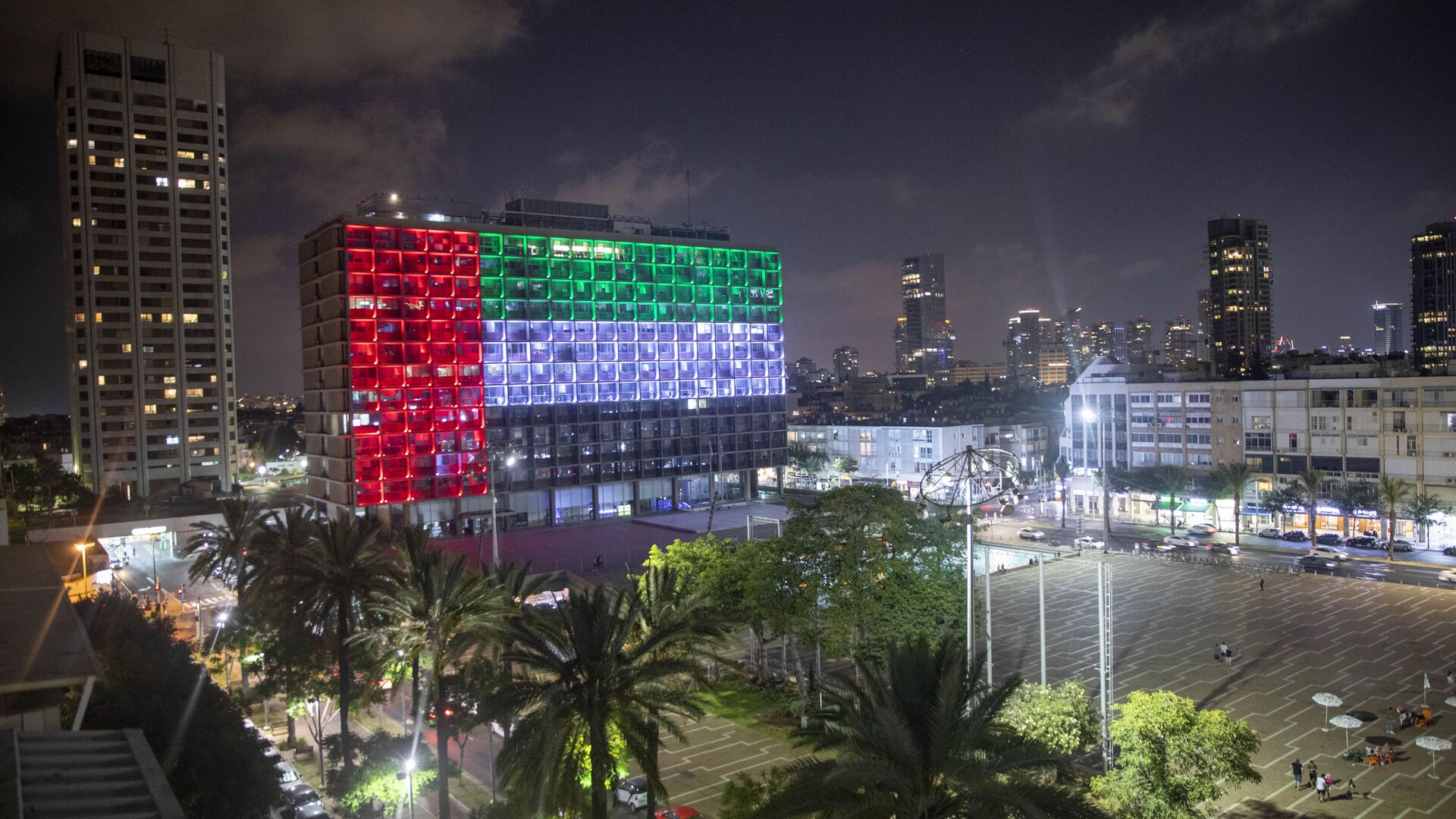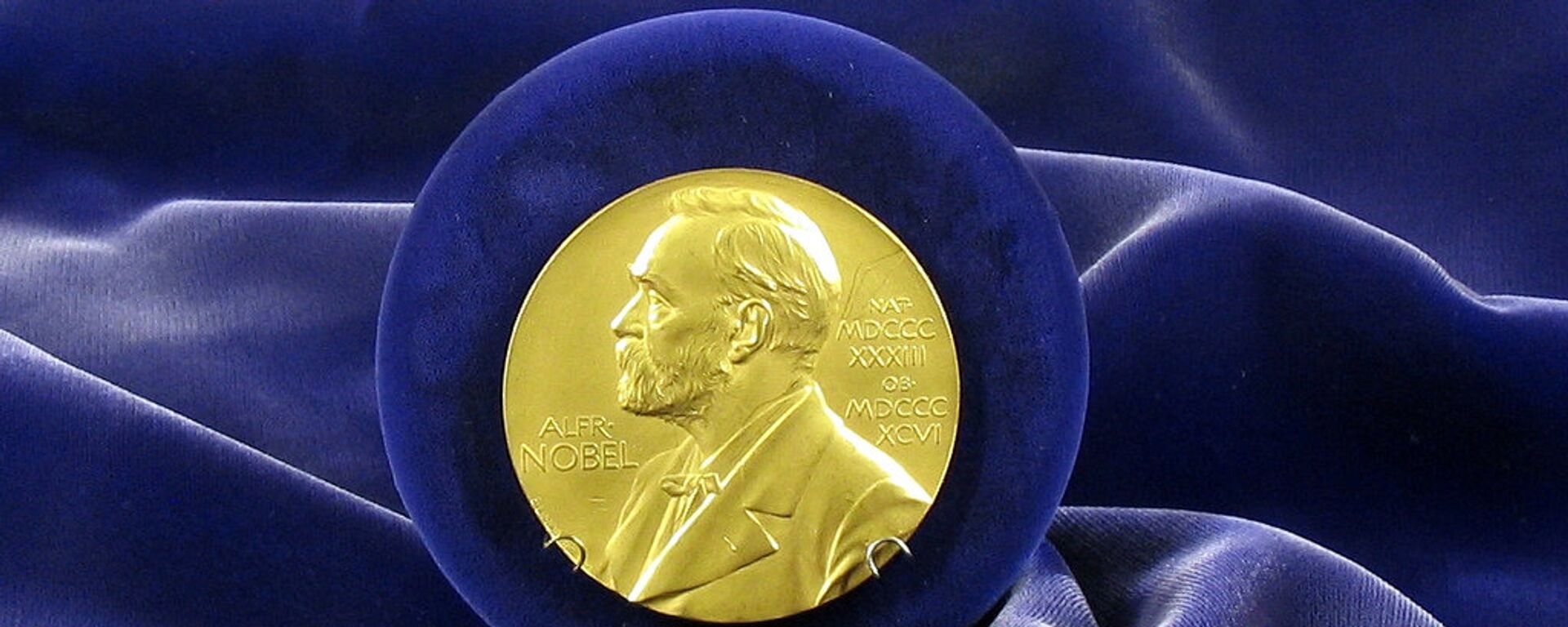Saturday will mark six months since the historic announcement by Israel and the United Arab Emirates that they would normalise ties after decades of such a move being deemed impossible.
In September 2020, a month after the said announcement, the two states inked their official normalisation agreement on the lawn of the White House in Washington, giving a green light to the peoples of the two nations to kick off their own cooperation.
And that didn't take long. Shortly after the official ceremony, the two nations signed a number of important agreements.
The Health Ministries of the two countries agreed to cooperate on tackling the raging coronavirus, and then Israel and the UAE signed a series of agreements on banking, tourism, and trade.
Fruitful Times
Loay Al Shareef, a Dubai-based media influencer, who is engaged in UAE's advocacy campaign to promote the historic Abraham Accords, says that now six months down the line, both nations "can see the fruits of that pact that changed the Middle East".
Those "fruits" are being translated into millions of dollars in revenue. It was recently reported that trade between the two nations had reached $272 million, with Israel and the UAE trading in agricultural products, diamonds, perfumes, and even smartphones.
Tourism has also become a significant source of income and despite Israel having been under its third lockdown and its airports having largely been shut down, many tourists did manage to travel to Dubai and other destinations in the UAE, giving a boost to the country's economy.
"People here are very optimistic. They know that that agreement was the right call. And there is a sense that we want that cooperation to grow".
Al Shareef believes it won't be difficult to implement. Emirati universities have already started embedding Hebrew into their curriculums, a number of colleges are now mulling over potential cooperation and exchanges of students, and the UAE, known for hosting grand conferences and exhibitions, is planning to organise a number of mega events once COVID-19 has been curbed. And, unlike previous years, when Israelis were regarded a persona non grata due to the two nations lacking official diplomatic ties, this time around they will be welcomed and embraced.
"The UAE wants Israelis to come, settle, and invest. This country is safe, [it has always been] free of anti-Semitism, it has a lot to offer and it is not surprising why it enjoys so much popularity among Israeli tourists".
Clouds on the Horizon?
But not everything is bright and rosy. Once the first Israeli tourists started pouring into Dubai, an Israeli news website Ynet reported that some were caught stealing items from local hotels, products ranging from tea bags and soap to towels and even teapots.

That report was quickly picked up by a Qatari news anchor, Abdul Al Aziz Khazraj Al Ansarai, who claimed that he had received many complaints from Emirati hotels that linked the spike in thefts with the appearance of Israeli tourists.
Al Ansarai's accusations didn't take Al Shareef by surprise. Neither was he taken aback by other reports blaming Israeli tourists for thefts in Emirati hotels.
"These reports are largely exaggerated", said Al Shareef. "I met with a senior manager of Damac [a major Emirati contractor that owns and manages many local hotels - ed.] and he told me that those incidents were minor. Plus, many other tourists, including Arabs, are doing this too. The idea of these reports is simple. They want to delegitimise our accords and they want us to retract from them".
Yet, Al Shareef is certain that there is no going back on the agreement and that it is only expected to expand with time.
The media influencer refused to discuss what that expansion might potentially entail and whether it means that Israel and the UAE will establish a joint defence pact as their answer to the region's multiple challenges.
But he does say that no matter what that cooperation looks like, the UAE will try its best to encourage other regional players to follow suit, "to create a better Middle East for the benefit of all its residents".



